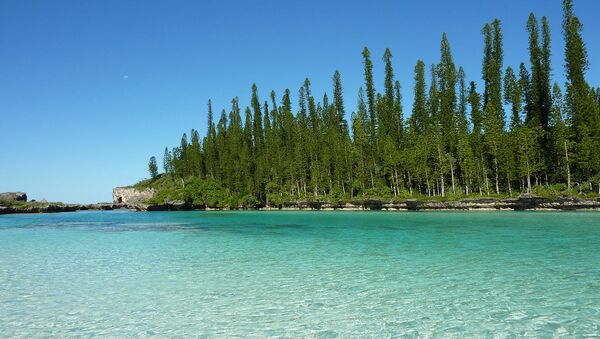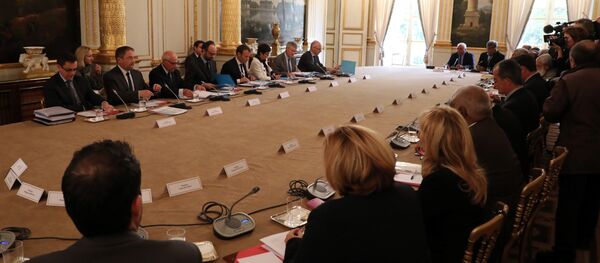“The main problems are land ownership, a sense of insecurity and rising crime in Oceania, including among the Kanak people. It’s imperative that we try to resolve these problems now that we are moving into a very risky stage of our existence,” Wamytan said in an interview with Sputnik France.
“We have analyzed the root causes of the rising crime in New Caledonia, including among young Kanaks. I see this as a social problem, a sign of an unhealthy society. Caledonian society is ill because of its fears, inequality and a school system, which prevents the majority of our people from becoming successful in life."
"Just like any country colonized by Europeans […] we demand independence. We want to bring back our freedom and be able to decide our own future […]. What we want is a sense of belonging to a country, which tomorrow will be able to move to a new stage will be able to move to a new state of institutional and political progress,” he emphasized.
He added that France wants to play a role in a region which former US President Barack Obama once described as a new center of global economic growth.
“The French leaders are making every effort to maintain their presence [in the region] even if they deny that. This is what I think,” he concluded.
New Caledonia will hold a referendum on self-rule next year, under a deal reached with the French government.
READ MORE: Is France Giving Up on Its Overseas Territories?
French Prime Minister Edouard Philippe said the November 2 talks "resulted in a political agreement and, perhaps even beyond that, we have trust, which is just as important".
As a result, the French overseas territory the size of two Corsicas, could gain independence.
The Noumea Accord signed in 1998 envisages a phased French decolonization of the Pacific island of about 275,000 residents, mostly Melanesians and French, east of Australia.
New Caledonia, which has been French since 1853, could be the first French colony to win independence since Vanuatu did in 1980.



